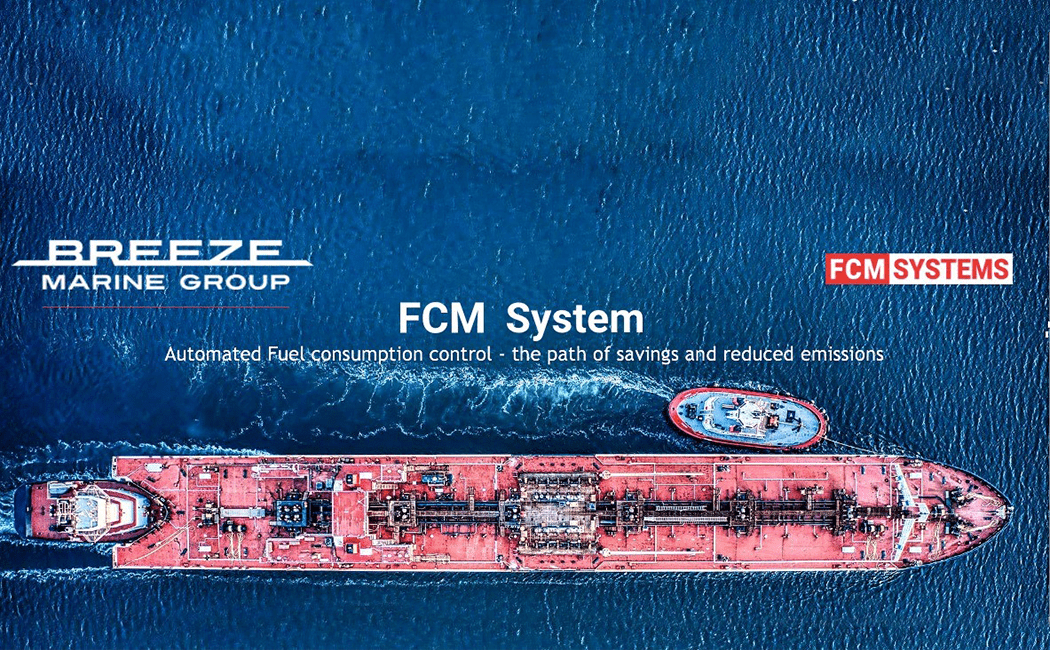The concept of a Fuel Consumption Monitoring (FCM) system is to make the crew’s life easier and help everyone save time. Implementing such a system is paramount in the maritime industry, as it provides valuable insights captains, owners, and operators need to be aware of.
What is A Fuel Consumption Monitoring (FCM) System Exactly?
Fuel plays a crucial role in all maritime activities, and vessels could not move cargo without it. However, it is equally essential to understand how the ship consumes that fuel and where captions or operators can save on costs. Finding the precarious balance between fuel consumption and fuel savings is a tad tricky, but a Fuel Consumption Monitoring system can provide all the necessary data.
Shipowners and operators will readily acknowledge how fuel represents the highest cost when operating a vessel. It can account for well over 60% of operating costs. Therefore, ensuring no money is wasted on fuel without compromising operations and efficiency is pertinent. Fuel Consumption Monitoring allows analyzing the potential to save costs and optimize efficiency.
The FCM process will offer accurate data on how much fuel is consumed and how much remains in the tanks at any given time. In addition, captains and operators can analyze which operations consume the most fuel and whether they can optimize those processes to cut down on overall consumption.

What Are The Benefits of A FCM System?
Installing and getting acquainted with a Fuel Consumption Monitoring (FCM) system introduces various benefits to shipowners and operators.
- It saves a lot of time figuring out fuel consumption, efficiency, and savings, as the system generates the necessary data
- Less reliance on humans interpreting the data (and less risk of calculation issues)
- Cutting down on crew resources for this task, enabling crew members to dedicate their attention elsewhere to ensure smooth sailing
- Owners and operators can strategize on cutting down on fuel costs and optimize vessel and fleet performance whenever necessary.
- Receiving alerts of sudden changes in fuel levels, overall volume, and temperature
- Analyzing propulsion-specific data, including vessel speeds on the ground and through water
- Control CO2 emissions
Day-to-day operations on a vessel require the crew to make various reports daily. Reporting is very time-consuming, whereas a system can automate these processes, collect the necessary data in real-time, and send the information to the recipient. It makes life much easier for the crew and ensures accurate data. In addition, an FCM system is compatible with existing equipment and only requires a minor modification to install.
Furthermore, the FCM system is a hands-off solution. The system can monitor without human intervention, cutting down on costs associated with keeping personnel onboard for the sole task of checking fuel usage. A good Fuel Consumption Monitoring solution will send data to shipowners and operators through the cloud in real-time. Moreover, it allows valuable data to be turned into fuel-saving solutions immediately.

Conclusion: FCM Solutions Are Essential
Every shipowner and operator benefits from utilizing a Fuel Consumption Monitoring (FCM) system. It is a crucial tool to optimize ship and fleet efficiency around the clock and paves the way for marine businesses to streamline their operations.
The Breezemarine Group is always here to find the best option for your marine business needs. We specialize in innovative engineering solutions, supplying equipment and spare parts for fleets, and much more.
In addition, our insights into solutions like Fuel Consumption Management and other fuel consumption and ship efficiency monitoring solutions will help transform your maritime business into a more profitable undertaking! The systems by Breezemarine Group enable you to track essential information and turn it into actionable data!
